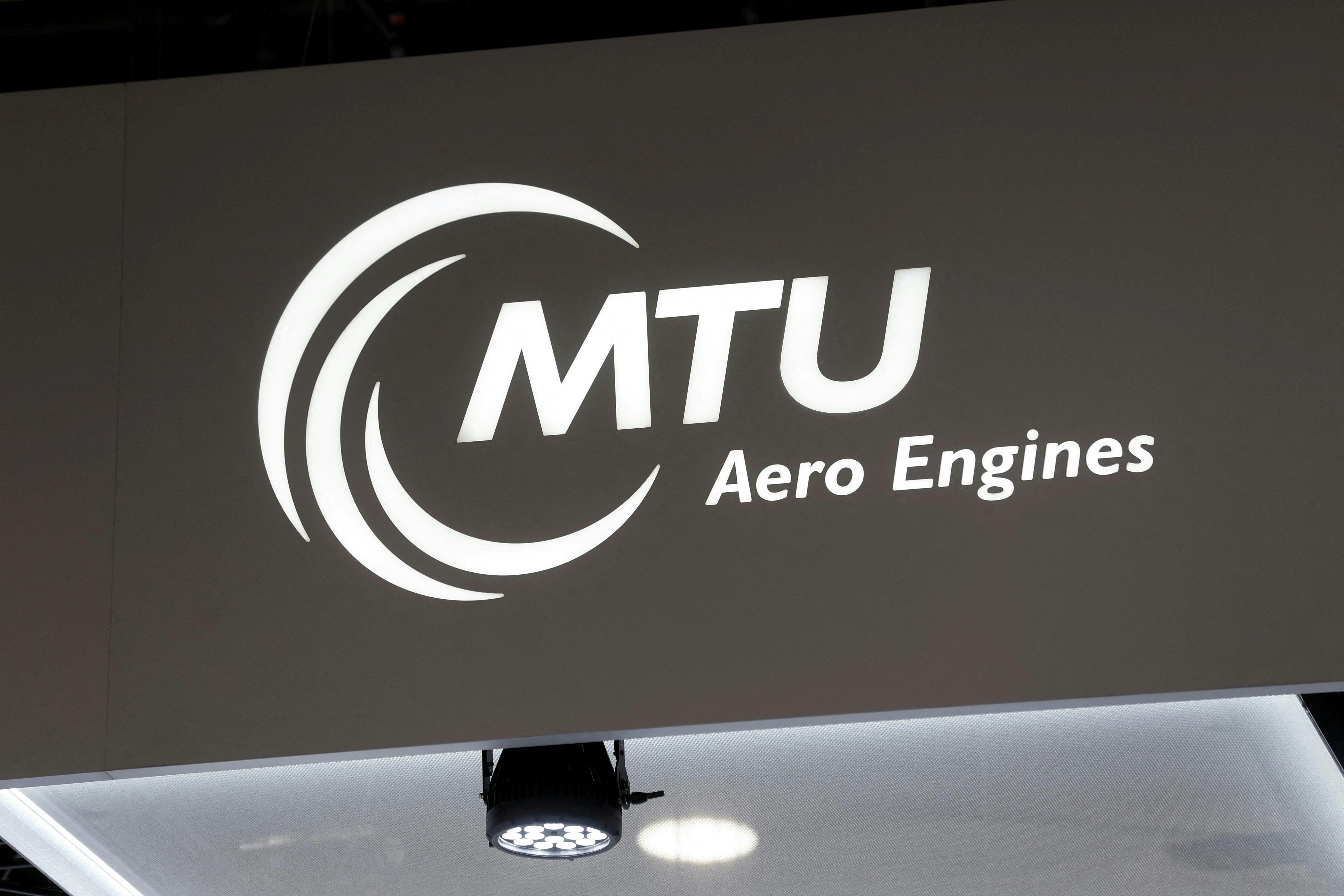热门趋势
Proposed U.S. Tariffs on Brazil Threaten Embraer 175 Deliveries
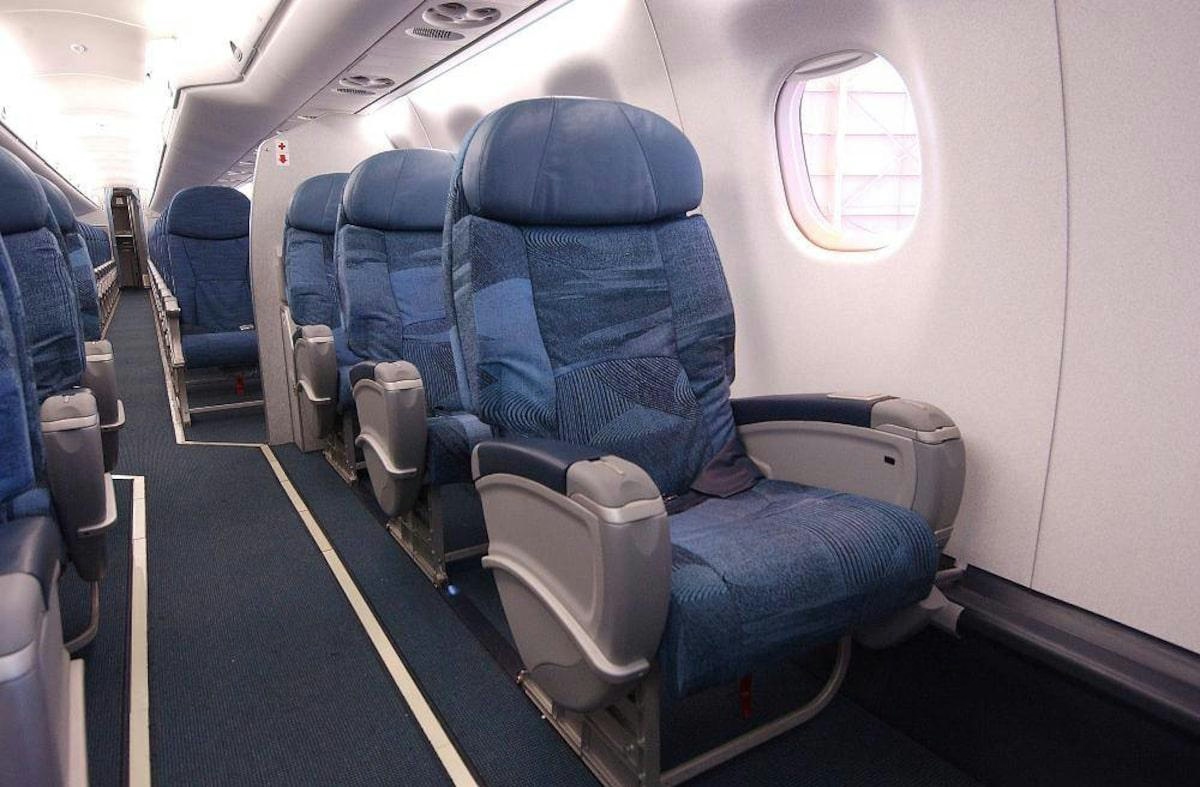
Proposed U.S. Tariffs on Brazil Threaten Embraer 175 Deliveries
Impact on Embraer and the Aviation Industry
The potential imposition of U.S. tariffs on Brazilian imports has introduced significant uncertainty regarding the future delivery of Embraer E175 aircraft. These regional jets, which are a cornerstone of Embraer’s portfolio, serve a substantial portion of the American market. The proposed duties, currently under review by U.S. trade authorities, could severely disrupt Embraer’s ability to fulfill orders for U.S.-based carriers, raising concerns throughout the aviation sector.
Industry analysts caution that the tariffs may compel Embraer and its airline customers to reevaluate their supply chain arrangements. In response, many aviation companies are considering diversifying their vendor networks by seeking alternatives in countries not subject to these tariffs. Such shifts could unsettle long-standing partnerships and introduce greater operational complexity for both airlines and suppliers.
Broader Market Repercussions and Competitive Responses
Competitors within the regional jet market are closely observing the developments, with some contemplating adjustments in parts sourcing, maintenance, and servicing to offset potential cost increases. The uncertainty surrounding the tariffs is prompting airlines to factor the country of manufacture more heavily into their aircraft selection processes, potentially favoring models produced outside Brazil to avoid additional financial burdens.
The market has reacted swiftly to the policy ambiguity, with airlines and lessors expressing concern over the possibility of tariff reversals. This volatility is influencing strategic decisions related to network planning, capacity deployment, and aircraft acquisitions, as companies seek to mitigate risks associated with unpredictable trade policies.
Embraer’s Position and Industry Outlook
Embraer, which has historically depended on the U.S. market for a significant share of its E175 sales, now faces mounting challenges amid the evolving trade environment. While the company has yet to issue a public statement regarding the proposed tariffs, industry observers warn that any disruption to E175 deliveries could have far-reaching consequences across the regional aviation sector.
As the U.S. government deliberates its next steps, stakeholders throughout the industry are preparing for potential shifts that may alter the competitive landscape of the regional jet market. The resolution of these tariff discussions will be closely monitored by airlines, manufacturers, and suppliers seeking stability in an increasingly uncertain global trade context.

Delta Air Lines Prohibits Personal AI Smart Glasses for Flight Attendants
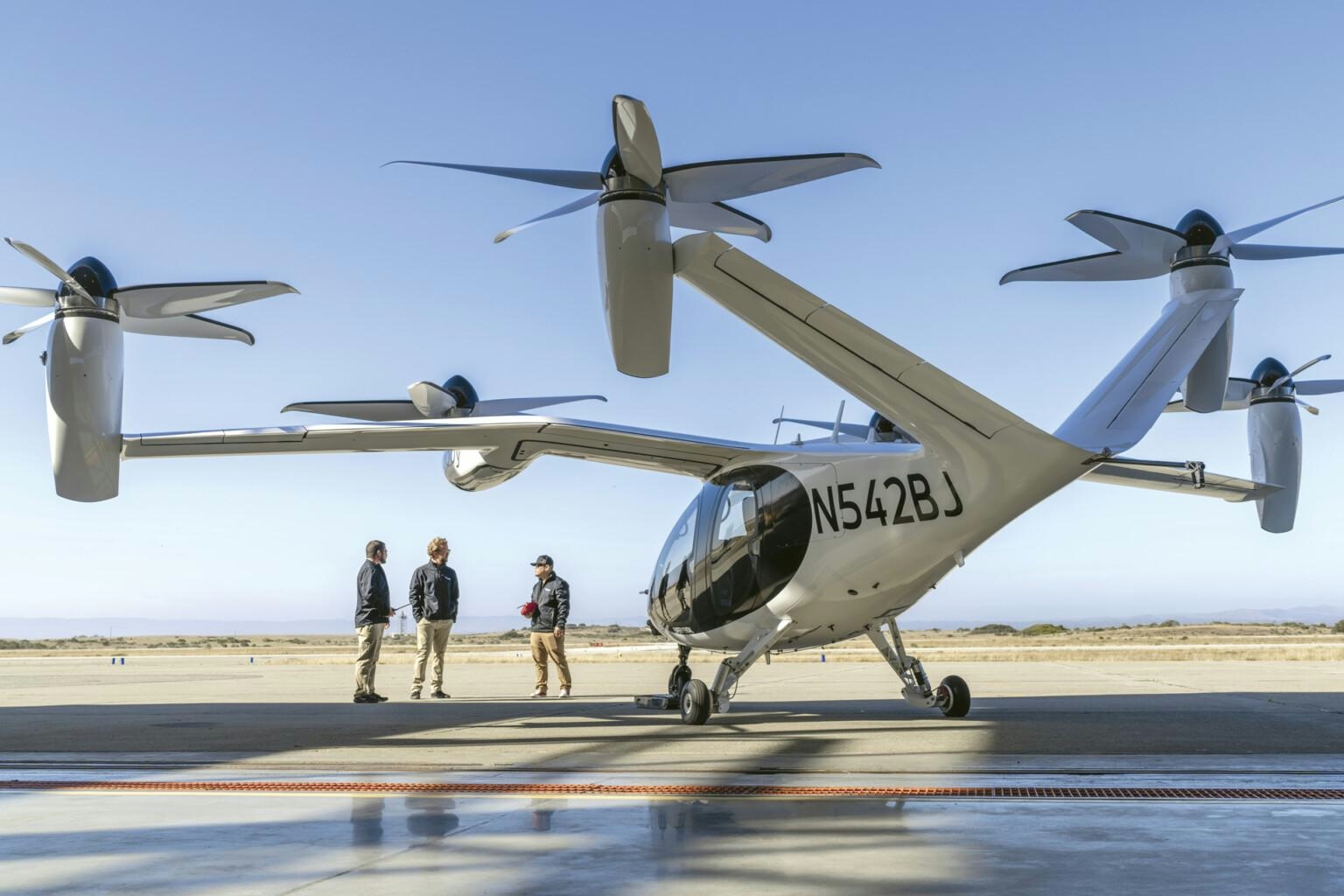
Emerging Roles Shaping the Future of Aviation
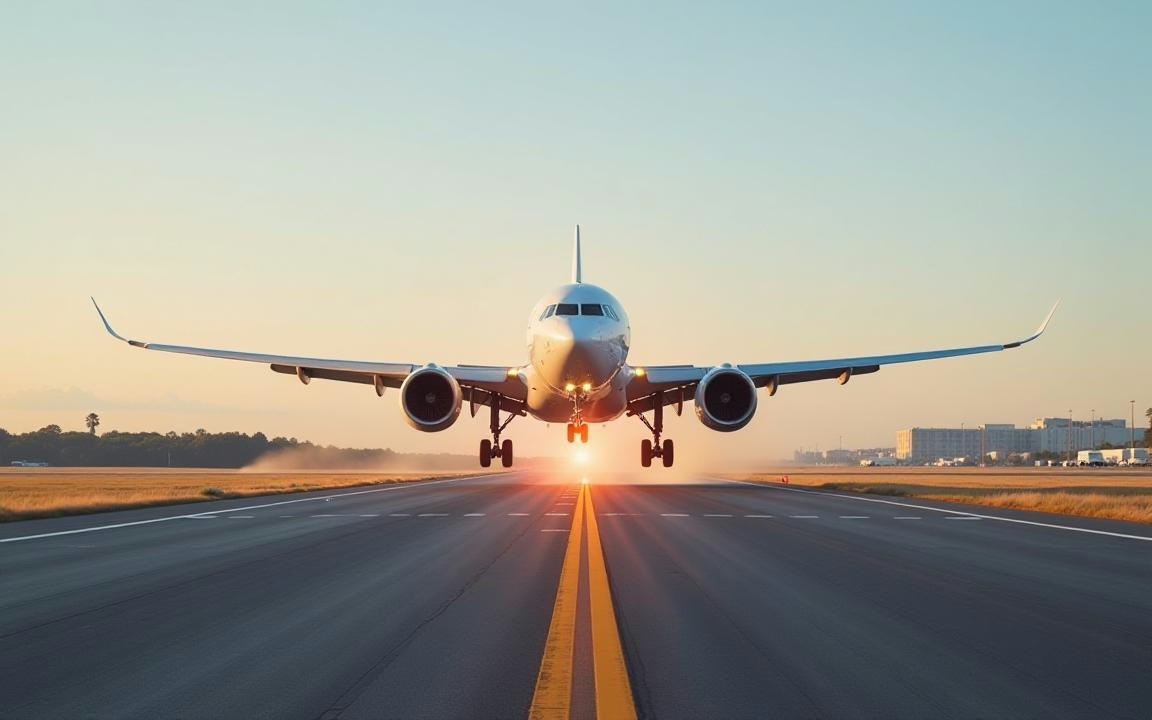
Airline Stocks Face Uncertainty Amid Tariff Concerns

Air India Crash: How Detailed Were Earlier AAIB Preliminary Reports?
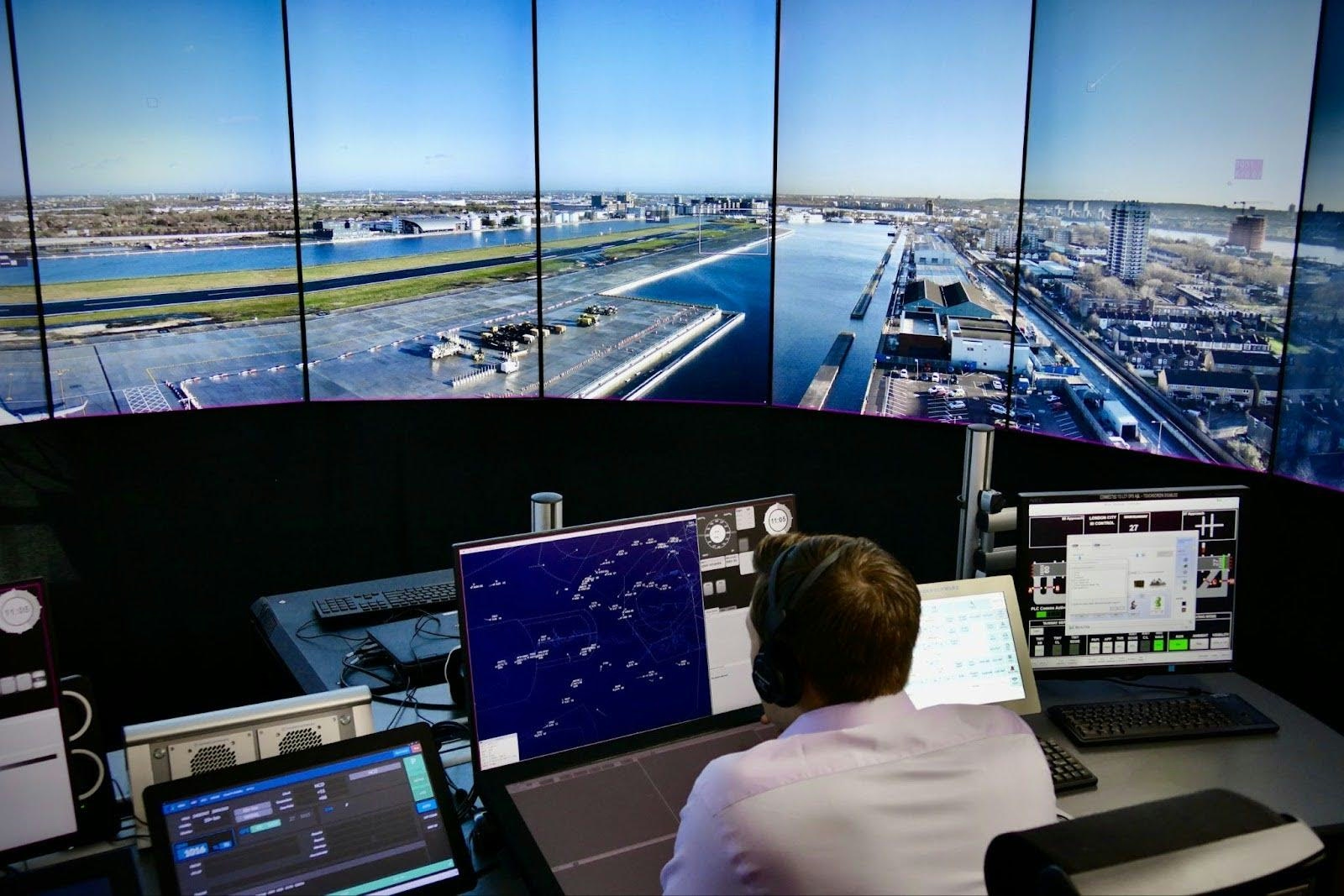
Could AI Replace Air Traffic Controllers to Improve Aviation Safety?
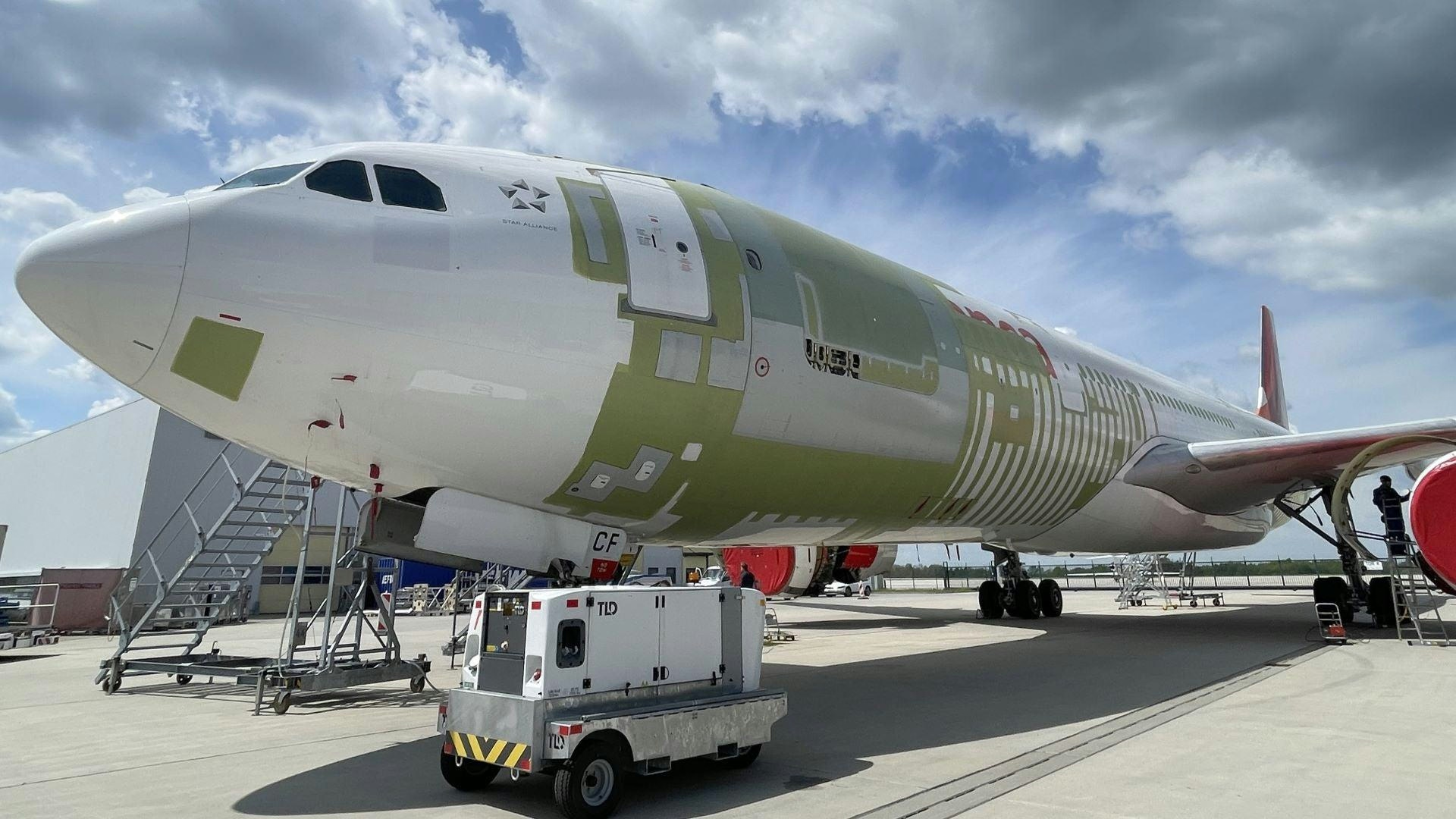
Amazon Acquires A330-300 from Stratos for Passenger-to-Freighter Conversion

PBY-5A Catalina 'Miss Pick Up' Returns to Duxford After Engine Replacement in France
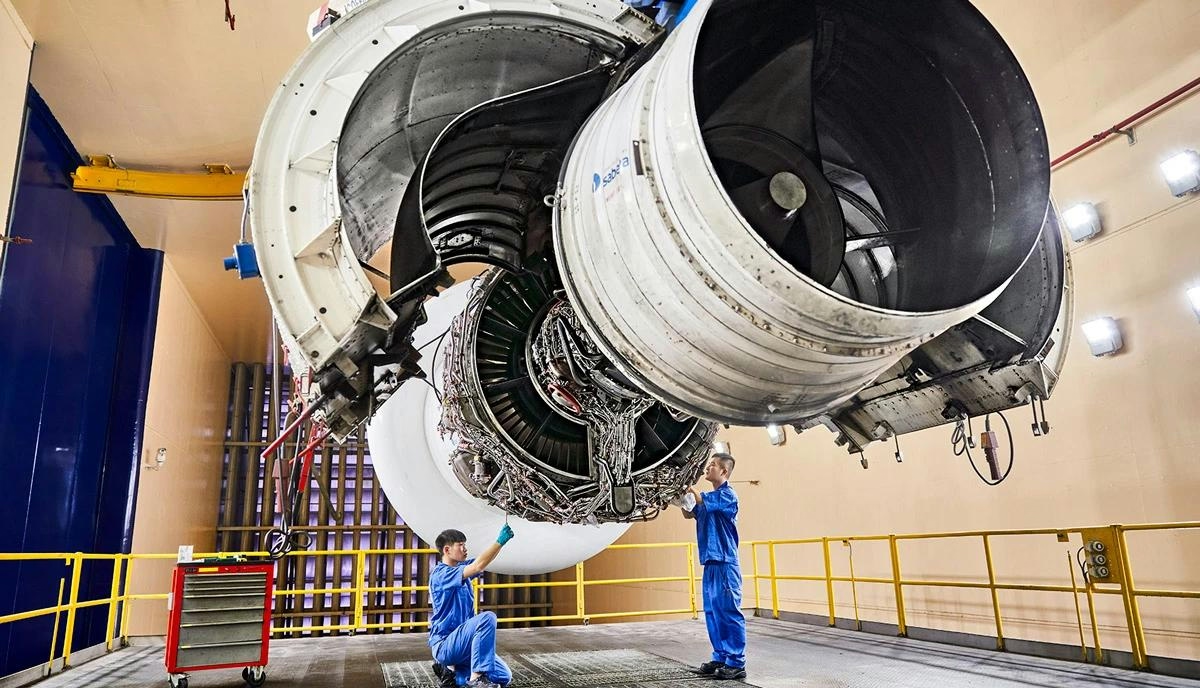
Airbus Appoints MTU Aero Engines CEO to Lead Commercial Aircraft Division

Establishing a Career Pathway from High School to the MRO Industry
